Description
Natural Processed coffees are very different from washed processed. Fruity ferment like tones will dominate the cup. Sweet, slightly floral with some citric acidity. This is a wild old world example of a natural, similar to Bali Kintamani Natural but with more acidity upfront.
From its earliest introduction to present day, the arabica gene stock in Papua New Guinea (PNG) is considered to be one of the country’s strongest natural assets, not to mention one of the best-preserved Typica lineage variety sets in the world. And these delicate genetics clearly thrive in PNG’s highlands, which are some of the most virgin and fertile on the planet.
Between World Wars I and II, Australian settlers would establish more and more large coffee estates across the Eastern, Chimbu, Jiwaka, and Western highland provinces. As commercial exports ramped up, more indigenous Papuans would adopt coffee as a cash crop alongside their traditional economies, in most cases processing at home and selling humid parchment to traveling collectors. For hundreds of thousands of rural farmers coffee would be, and still is, the very first and only source of western currency. To this day expert-level cultivation knowledge largely remains in the possession and experience of PNG’s plantation owners. Remote smallholder coffee tends to fall short of its potential, receiving only scarce quality interventions from ambitious millers and exporters.
Tasting Notes: Good cup from light to dark but our favorite roast point was right in the middle, a city+ (medium) roast. The aromatics are very fruity and slightly fermenty, but only hints will come through in the taste. Lighter roasting will have a sweet edge, fuller body & stronger citric acidity accompanied with unique red fruit tones (think hibiscus & fruit skin), balanced with an earthy semi-sweet malt like contrast. Pushing the roast a bit gets more chocolaty and fuller bodied, still incredibly sweet but just a hint of fruit, less sharp and less earthy, cuts out most of the citric edge. Darker roasts have a strong bakers chocolate tone, slightly smoky with an almost cherry like red fruit note popping out as the cup cools.
Roasting Notes: If you are not used to roasting old world naturals, be prepared for a bit of uneven roasting and high chaff. Normal for an offering like this. All in all, easy to roast, just have to watch it a little closer for lighter roasting, make sure there are not too many golden/pale colored beans before hitting cool or dumping. If shooting light, you may want to flick anything still pale or golden colored or risk a little grassy tone. Tasty from light to dark but for most, keep it before 2nd crack. A wild cup, giving it a couple days to rest before drinking will give the cup better definition.
This unique natural lot is made possible by Monpi Coffee, a miller and exporter based in both Garoka and Mt. Hagen, the two main coffee industry hubs in PNG’s highlands. Monpi also partners with independent washing stations and occasionally commissions specific processing styles in collaboration with participating growers. In this case, Monpi worked with the Kindeng Wet Mill to sort and separate exemplary cherry prior to the typical depulping phase, and directly dry the fruit as a full natural, a process that takes a full month in Jiwaka’s cool highlands. Once the drying is complete, the coffee is transported to Monpi’s Kagamuga dry mill for hulling, and finally fully milled for export in Garoka.
In addition to value-added processing programs like this one, Monpi also maintains a business unit dedicated to supporting smallholders directly through training and community support. Called Sustainability Management Service (SMS), the team oversees trainings throughout the year that address agricultural practices, gender equality, youth inclusion, climate change mitigation, and environmental preservation. The Kagamuga dry mill is also developing a coffee nursery to provide new plantings to local farmer networks, to support productivity for their farmers for the long term.
To learn more about PNG’s unusual coffee industry, check out our recent blog article “The Wild West of Coffee Production.”
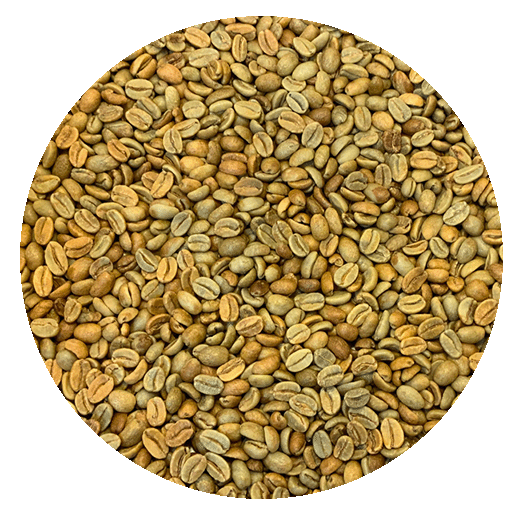
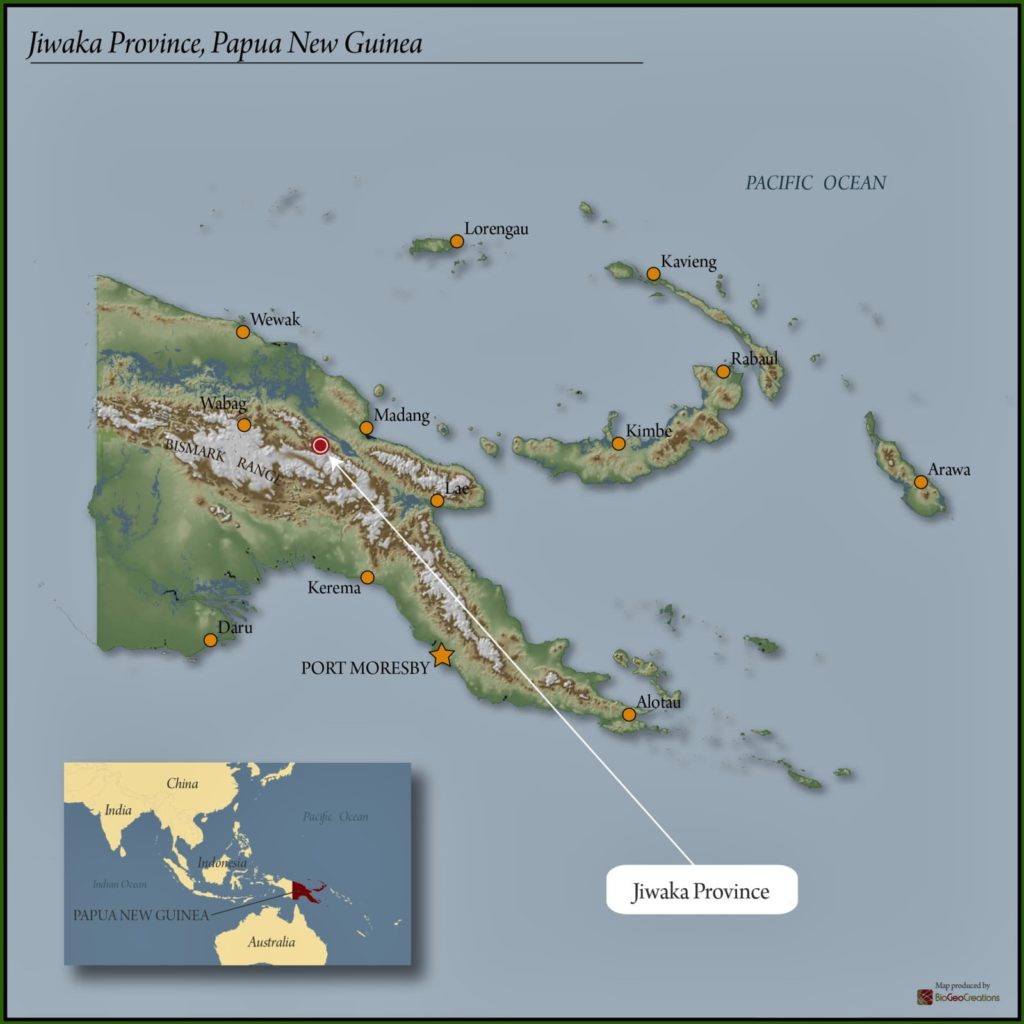
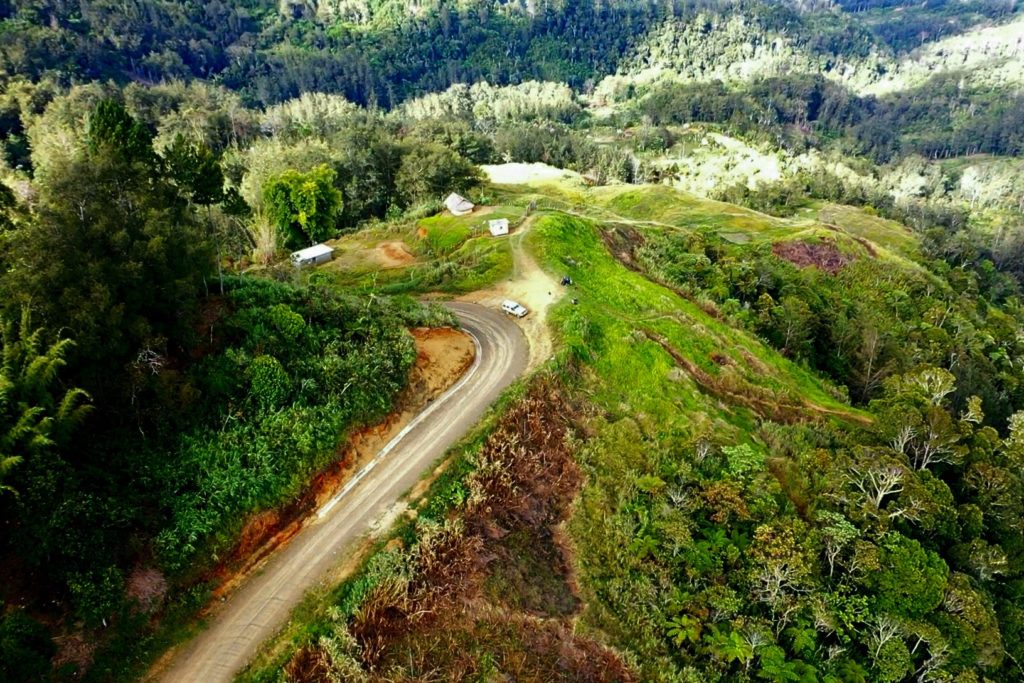
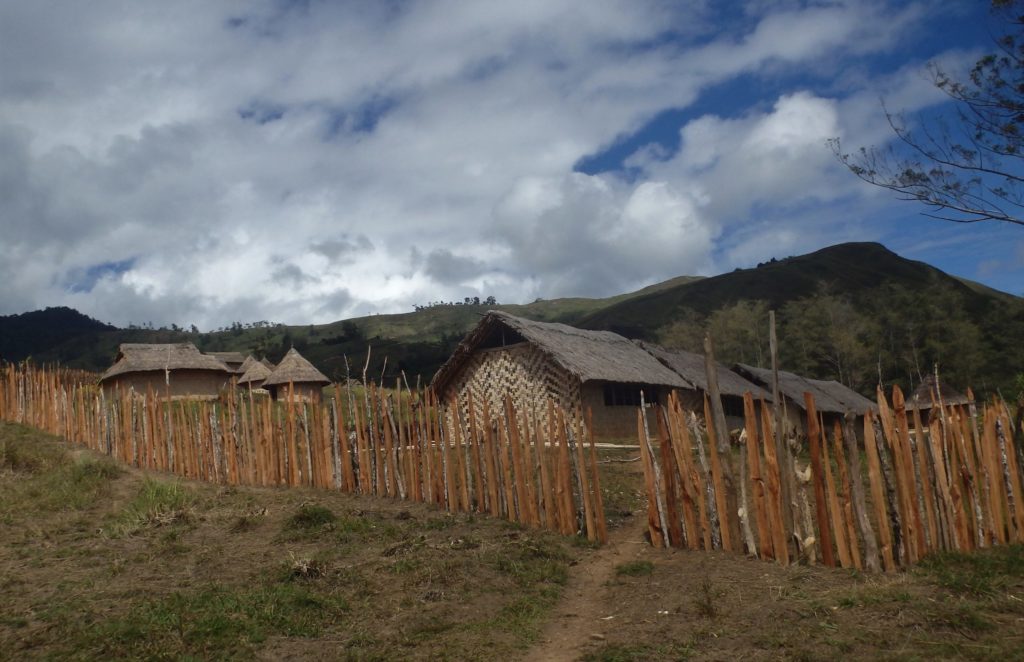
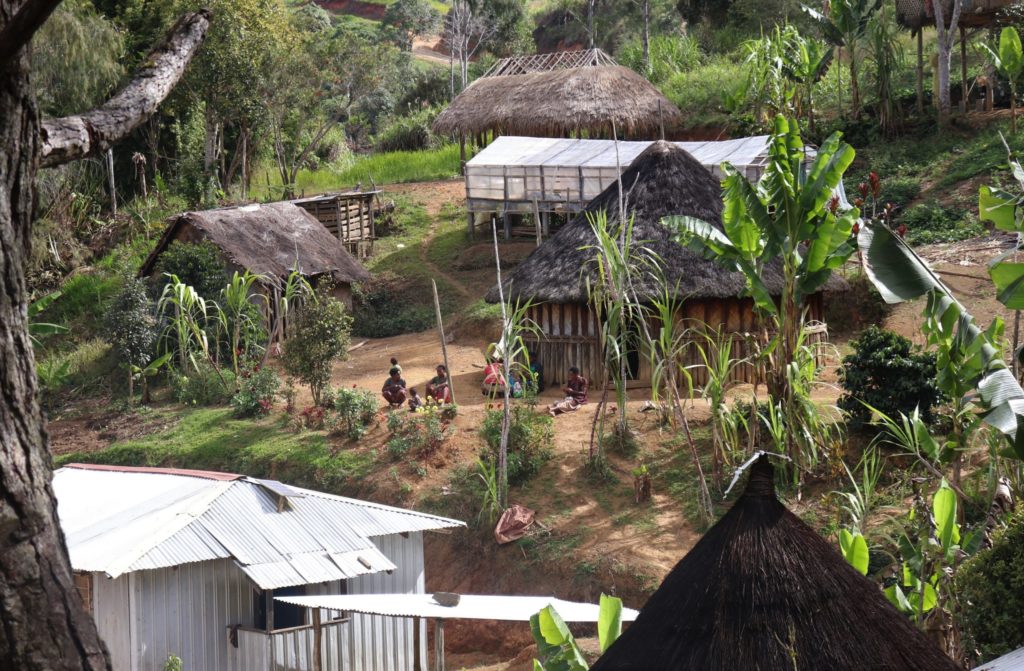
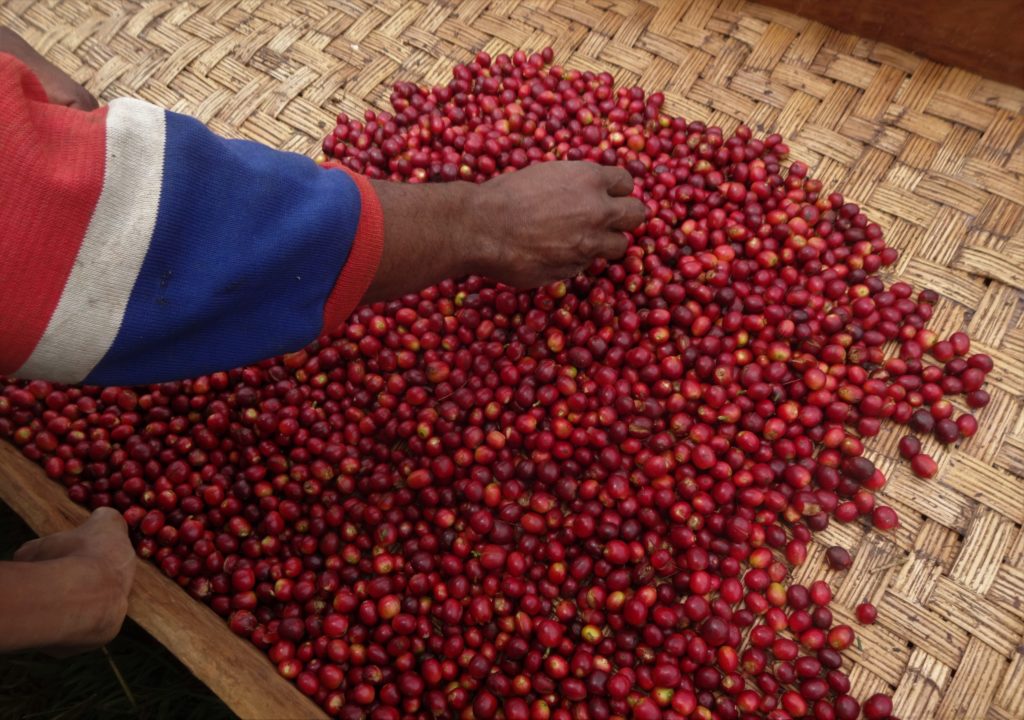
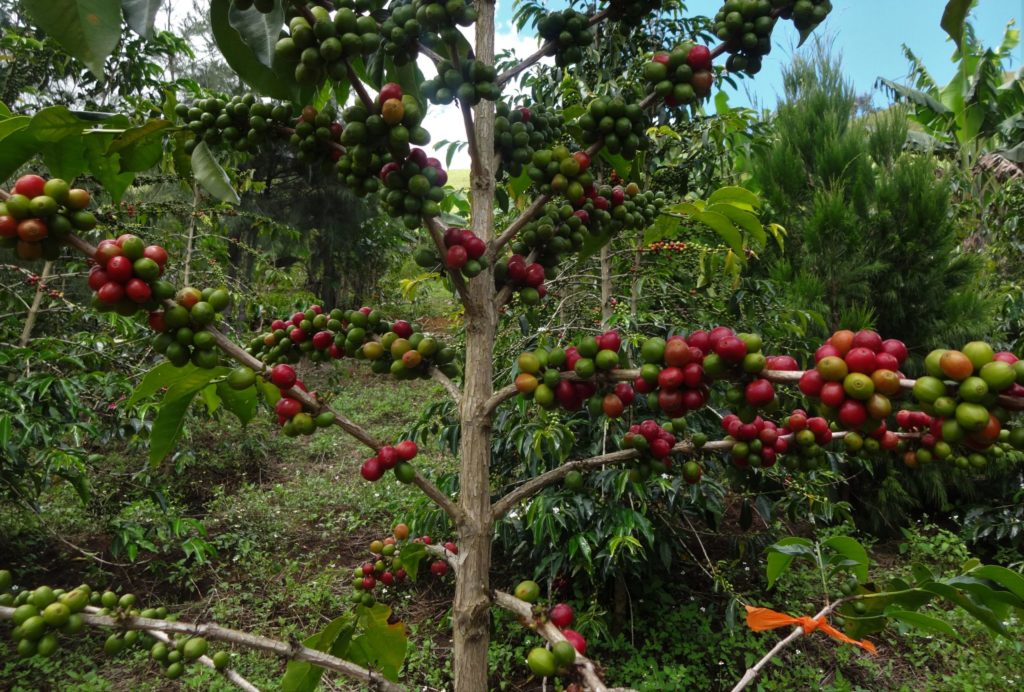
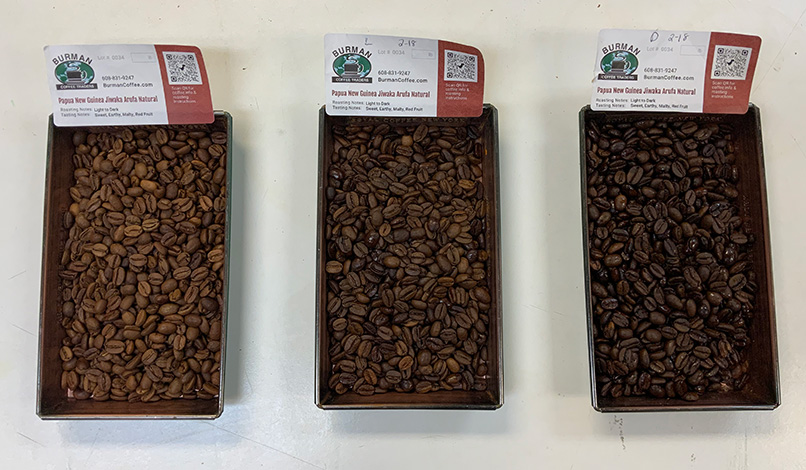
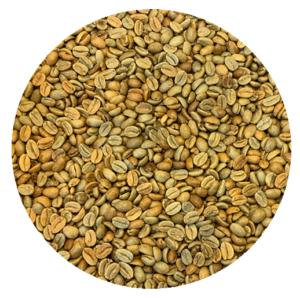
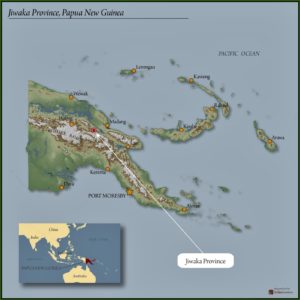
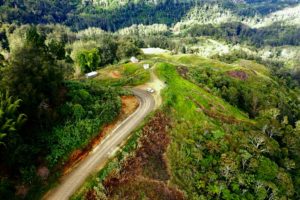
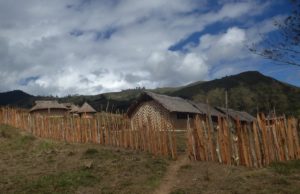
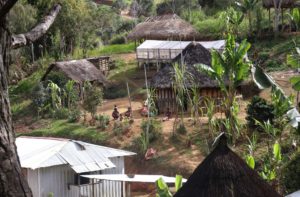
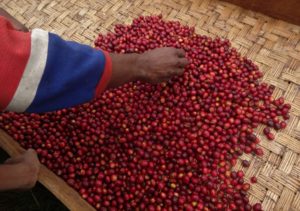
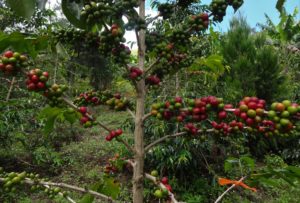
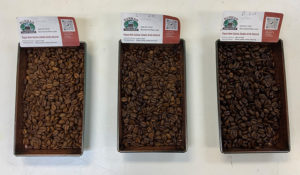
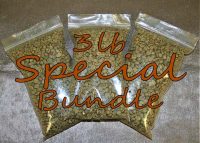
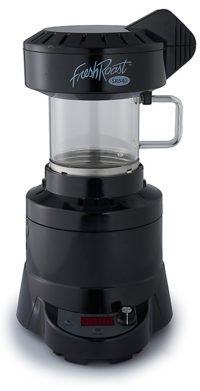
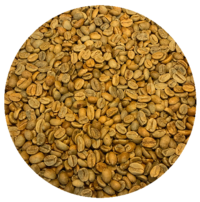
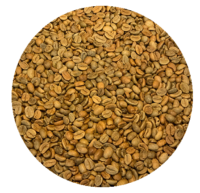

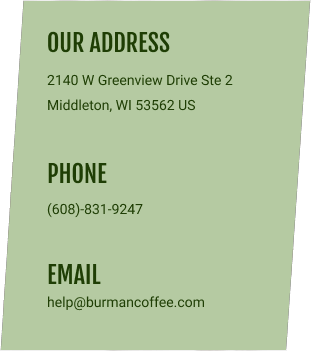

Reviews
There are no reviews yet.